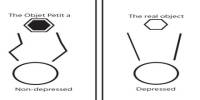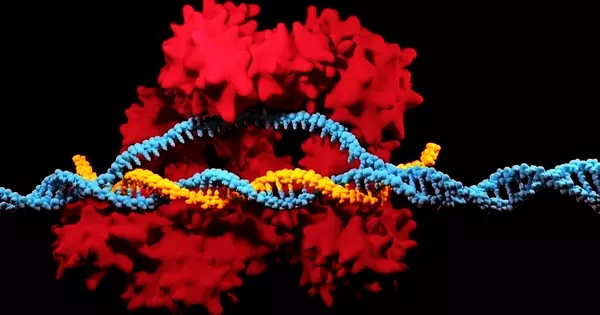Nutrition psychology (NP) is the psychological study of the relationship between dietary intake and various aspects of psychological health. It is an interdisciplinary field that studies the relationship between nutrition and psychology, focusing on how food and dietary habits affect mental health and behavior. It is an applied field that investigates the impact of diet on mental health using an interdisciplinary approach. This field recognizes the intricate links between what we eat and how it affects our cognitive function, mood, and overall psychological well-being.
Nutrition psychology studies the relationship between nutritional behavior and mental health/well-being. NP is a subfield of psychology, specifically health psychology. It can be used in a variety of fields such as psychology, dietetics, nutrition, and marketing.
NP is a relatively new field with a brief history that has already begun to contribute information and knowledge to psychology. Within the field of nutrition psychology, there are two major points of contention. The first point of contention is that the topic can be viewed in two ways. It can be viewed as nutrition influencing psychological functions or psychological choices and behavior influencing nutrition and health. The second point of contention is the definition of what constitutes “healthy” or “normal” nutrition.
Key aspects of nutrition psychology include:
- Nutritional Impact on Brain Function: Nutrients such as omega-3 fatty acids, vitamins, and minerals play crucial roles in brain function and development. Studies examine how specific dietary patterns and nutrient intake are linked to cognitive abilities, memory, and learning.
- Mood and Food: The connection between diet and mood is a significant focus. Certain foods and nutrients can influence neurotransmitters, such as serotonin, which play a role in regulating mood. Diets rich in fruits, vegetables, whole grains, and lean proteins are associated with positive mood, while diets high in processed foods and sugars may have negative effects.
- Emotional Eating and Behavior: Nutrition psychologists study emotional eating, where individuals use food to cope with stress, sadness, or other emotions. Understanding the psychological triggers for unhealthy eating habits helps in developing interventions to promote healthier behaviors.
- Eating Disorders: Nutrition psychology is concerned with the study and treatment of eating disorders such as anorexia, bulimia, and binge-eating disorder. Nutritional counseling and psychological support are frequently combined in therapeutic approaches.
- Mindful Eating: Paying attention to the sensory aspects of eating, recognizing hunger and satiety cues, and being fully present during meals are all examples of mindful eating. This approach aims to improve people’s relationships with food by promoting healthier eating habits.
Understanding the psychological aspects of nutrition is critical for overall health promotion as well as preventing and treating mental health issues. Integrating nutrition psychology insights into healthcare and wellness practices can help to promote a more holistic approach to health and well-being.
















